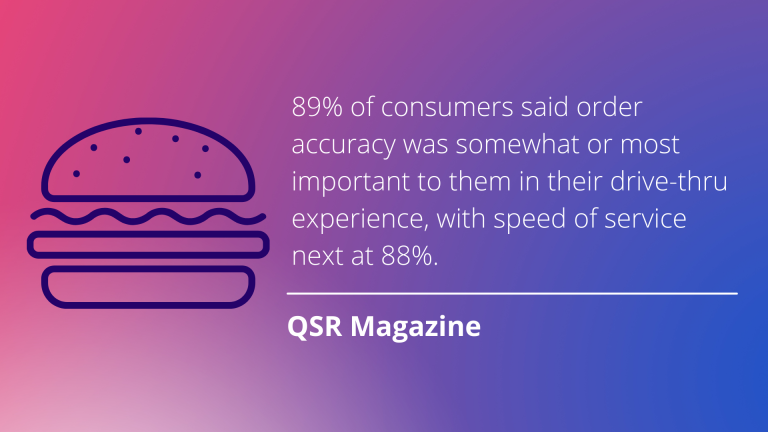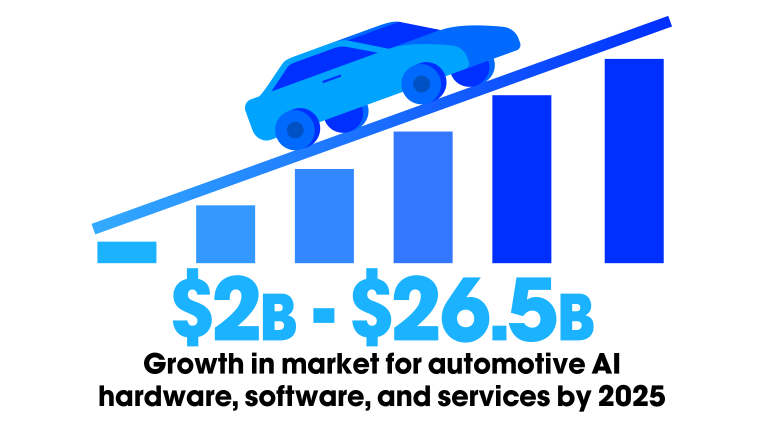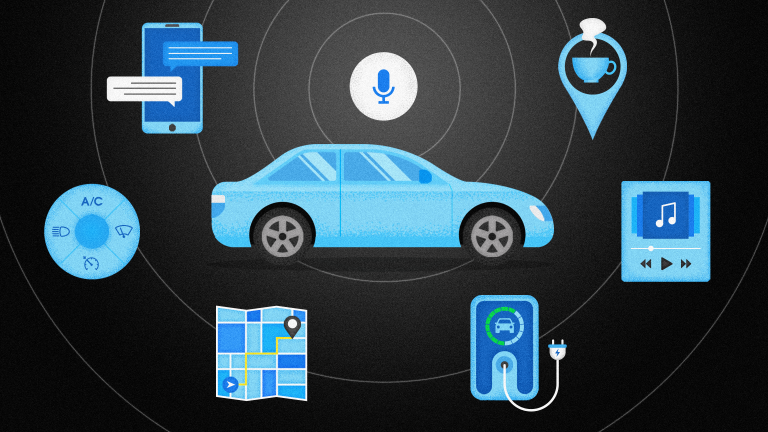One of the ways voice assistants can provide personalized shopping experiences is by saving past order histories so reordering is a quick, easy experience. Users simply have to say they would like to place a reorder and it can be promptly purchased. Making purchasing effortless and eliminating the need to navigate through past order histories in a series of types and swipes builds product loyalty.
According to a study by Voicebot.ai, 35% of consumers believe voice is good for reordering products. By making additional orders a fast, easy, and convenient process, brands are increasing their number of return customers and growing their customer loyalty.
Another element of personalized voice shopping is setting specific preferences as filters. For example, allergies and dietary restrictions can be stored when browsing for groceries, saving time and energy and creating a streamlined shopping experience. Voice assistants can also provide users with recommendations based on their past order histories.
A study by USA Today discovered that 83% of voice shoppers are confident in the recommendations given to them by their digital assistants. By incorporating personalization into voice assistants, brands can deliver a superior customer experience and prove the ROI of their voice technology with increased orders.
In addition, the growing trend of hands-free, fast shopping interactions has only increased due to the pandemic. Due to social distancing efforts, many shoppers have decided to forgo in-person shopping and make their purchases online for safer, more convenient buying experiences. According to Digital Commerce 360, online shopping rose 44% from 2019 to 2020, and the shift is expected to remain even as the world begins to reopen and people return to pre-pandemic routines.
Voice profiles
Following the success of voice shopping, voice profiles were developed to further personalize experiences. The ability to tailor services to a specific profile is an essential element of personalization. It creates a unique experience differentiated from the general public, giving users access to their own settings, and providing recommendations based on personal preferences. As consumers increasingly demand custom experiences, voice profiles are a way to offer them personalization anywhere and anytime, hands-free.
Voice profiles were first introduced in 2017 with Alexa distinguishing between multiple speakers to provide individualized information, such as calendar, email, shopping, and music accounts. Google Home followed shortly after with the ability to recognize individual voices for specific routines, lighting, and other preferences. However, Amazon’s release of increased personalization was met with scrutiny over how they use personal data, who they share it with, and how it’s stored even after users delete it. Since then, more checks and balances have been put in place to protect sensitive data.
Individual brands, wary of customer concerns over privacy, began exploring the implementation of wholly-owned and branded custom voice assistants. These custom solutions provided companies with control over their user data and the ability to focus on sonic branding, more specific use cases, and personalization options that didn’t require sharing user data with other entities.
By implementing custom voice assistants, companies can be transparent with customers about their data sharing policies, thereby building more trust and setting the stage for greater personalization and more voice commerce opportunities. With the right user permissions, companies who own their data can create user profiles that deliver personalized responses.
A good example of employing a custom voice assistant to deliver personalized experiences is when Pandora partnered with SoundHound to develop their custom, in-app voice assistant to create laid-back, hands-free music experiences for their listeners. Voice Mode, in combination with Pandora’s Music Genome Project, incorporates personalization through recommending songs and playlists specific to each person’s interests, moods, and requests
If a user asks Pandora to play new songs, something for their workout, or something for relaxing, the playlist would be unique to that person, based on their listening history and favorites. Chief Product Officer of Pandora, Chris Phillips, explains what makes personalization such a key element of voice assistants. He states, “Instead of just hitting our catalog with the fact that you searched for something and returning a response, we take your request and apply our recommendation science to it. That is really the most important, unique thing, the ability to deliver a personalized recommendation response to the voice ask.”









